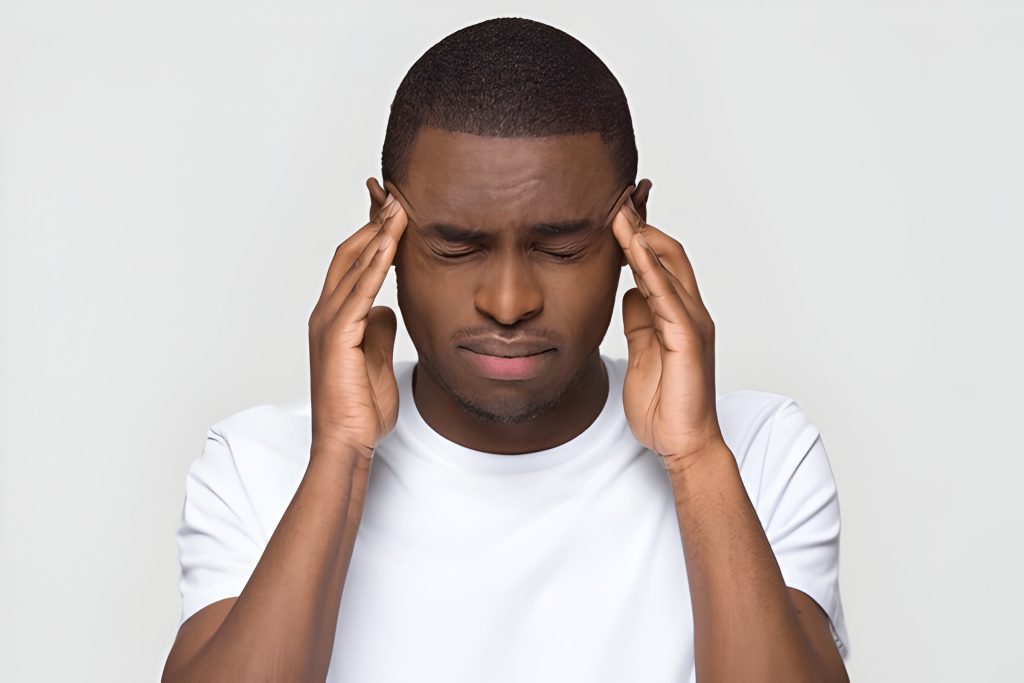
12 Minutes
CONTENTS
Mental health issues in the Black community are a major concern that has been ignored for a long time. Black individuals are subjected to various stressors that have the potential to influence their mental health in a negative way including historical trauma and modern-day racism.
Research has revealed that Black people are less likely to seek mental health services than other populations, even though they are equally as prone, if not more so, to mental disorders. This disparity underscores the importance of raising awareness about mental health and ensuring that Black people can access quality care.
A UNIQUE METHOD TREATING Insights
a successful and proven concept focusing on underlying causesLASTING APPROACH
0 Before
Send Admission Request
0 Before
Define Treatment Goals
1 week
Assessments & Detox
1-4 week
Psychological & Holistic Therapy
4 week
Family Therapy
5-8 week
Aftercare
12+ week
Refresher Visit
Insights
latest news & research on InsightsHow To Love Yourself
It is not as difficult as you would imagine to communicate with your higher guidance. The trick is to be willing to learn about self-love. The solutions may come quickly or gradually. They can appear in the form of words
read moreMental Training For Athletes
The mental self and physical self are symbiotically linked. In other words, everything that happens in the mind has an impact on the body, and vice versa
read more






